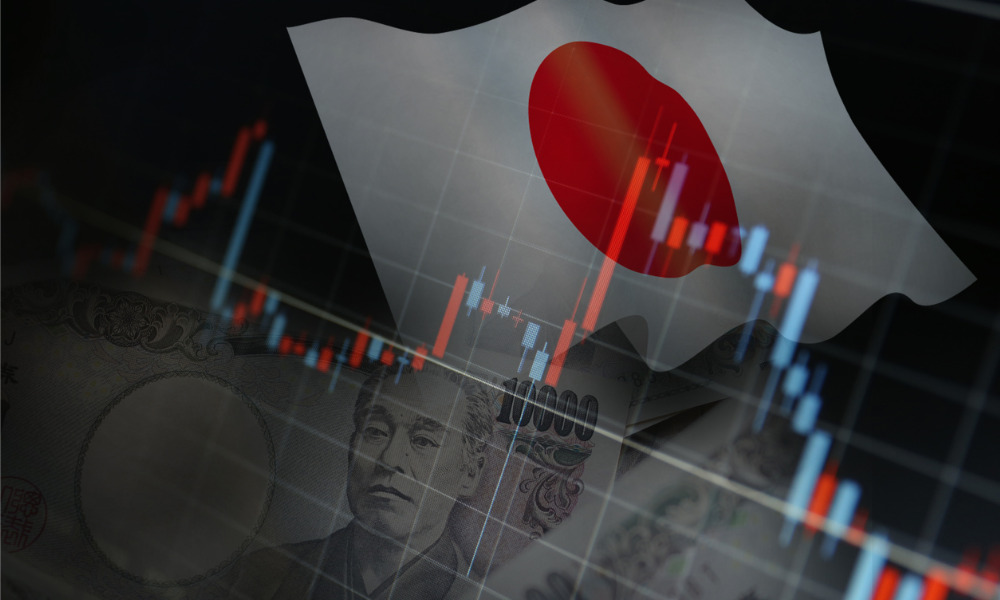BoC must stay alert, says fixed-income expert, pointing to G7 counterpart's negative interest rate travails

Central banks should be worried about the Bank of Japan’s current predicament, according to a fixed income expert.
The big driver of the rally since March has been monumental QE in many developed countries, with the Fed, Bank of England and Bank of Canada expanding their balance sheets significantly in order to protect the economy. This was particularly potent in Q2, although there are now signs the rapid increase in asset purchases is slowing.
Robin Marshall, Director of Fixed Income Research, Global investment Research, FTSE Russell, said Canada’s purchases of both corporate bonds and real return bonds have been relatively modest and recently slowed, like many other central banks. An improvement in sentiment meant there was less need to buy assets in the third quarter as the risk recovery started to run out of steam.
Marshall said the other driver of the recovery in risk assets has been the decline in real yields. For the seven-to-10 year bond, everywhere declined except Japan, a “disaster” because of how its restricted itself with negative interest rates.
He said: “For a central bank that can't cut nominal rates any further, if real yields actually go positive, then it's effectively a tightening in monetary policy, which is the last thing that the Bank of Japan would want.
“You can see that's one of the difficulties that central banks must confront if you have a long period of very low inflation or even deflation, which Japan has had since the early 90s. That, in turn, can make it more difficult to affect an easing in monetary policy.”
The Bank of Japan’s move to negative rates was an effort to try to lift consumer prices, which have been on the decline for the best part of 20 years. These harm corporate revenue, halting wage increases or investment in new projects.
The bank’s bond-buying program worked for a while but now prices are sliding again, leaving them boxed in with nowhere to go, with negative interest rates and corporate revenues shrinking. The result is many potential borrowers are telling bankers to keep their cash.
Marshall said Japan’s central bank went through a process of denial about problems in the banking system.
“They failed to address that, which meant that the banking system got paralyzed by a very high proportion of non-performing loans and frozen balance sheets, so they weren't able to extend credit. Thereafter, the economy was frozen by expectations of lower prices, which is the serious risk in all of this. If you don't take action to prop up inflation expectations, and consumers think that prices will be lower next week, next month, next year, etc, they may hold off on purchases, and consumption declines.”
He added that Ricardian equivalence, when consumers are scared about the danger of higher taxes to claw back the short-term fiscal stimulus, is another factor weighing on Japan's recovery.
“Central banks should be concerned – and that is why we've seen the Fed, for example, switch to average inflation targeting recently for fears of cementing in place otherwise very low expectations or very low inflation rates.”



